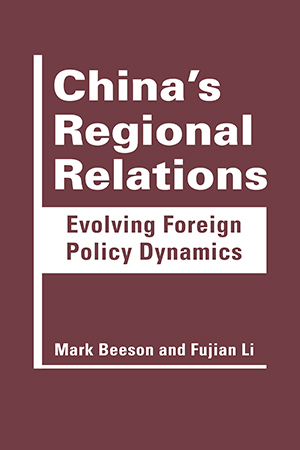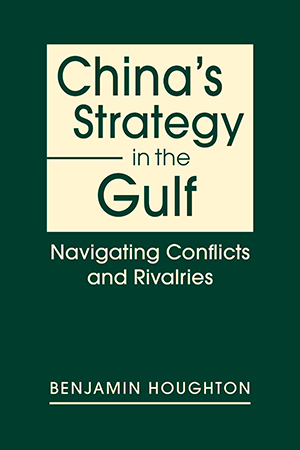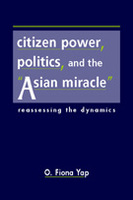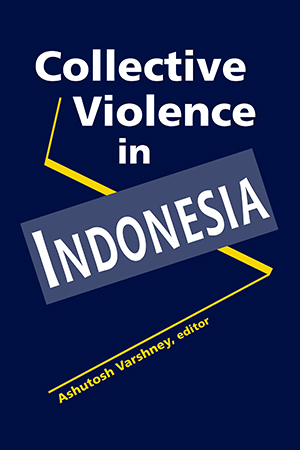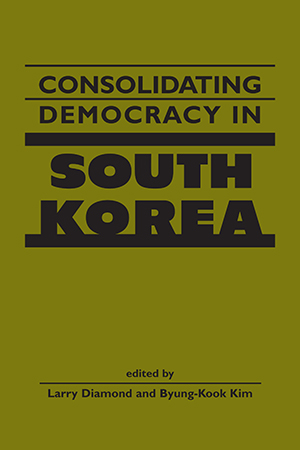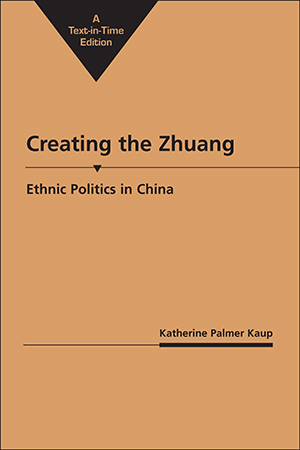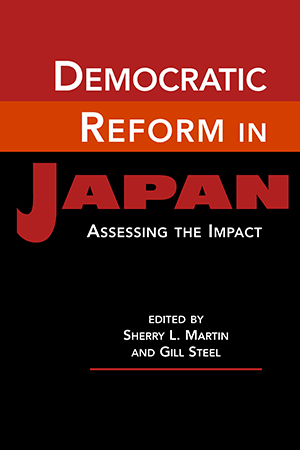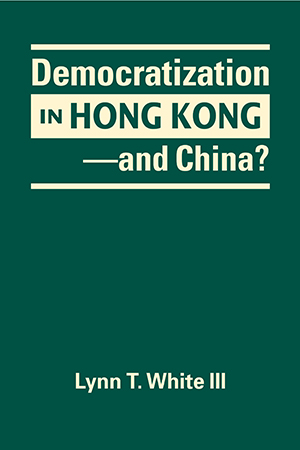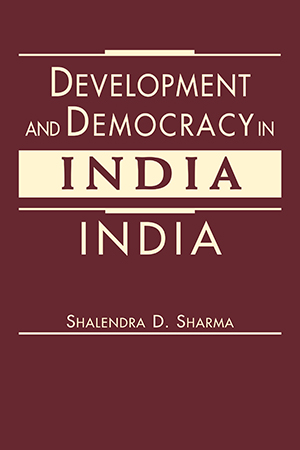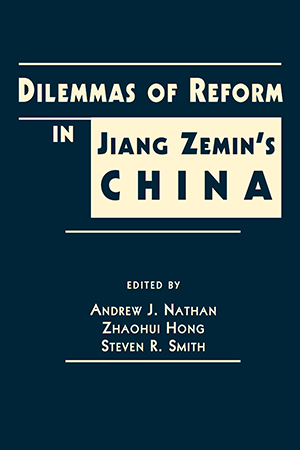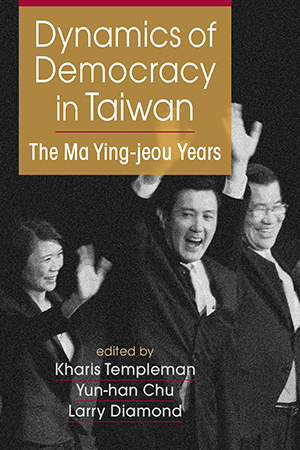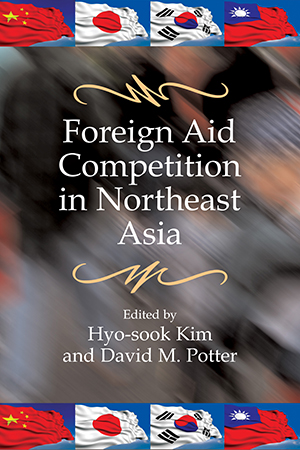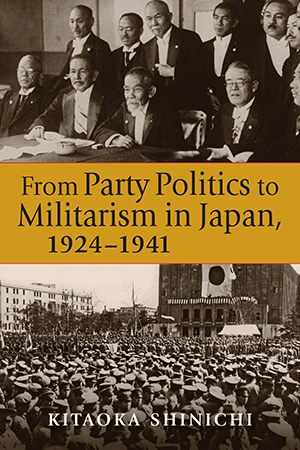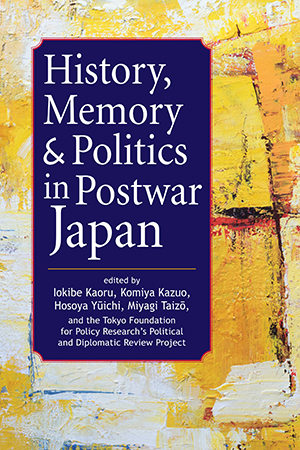Asian Politics
Has China's much-discussed "charm offensive" come to an end? Are fears about the country's more assertive foreign policies justified? How will a rising China interact with More >
China's foreign and security policy in the Gulf region has been characterized by the cultivation of strong positive relationships with all of the Gulf states, irrespective of their More >
Departing from characterizations of Asian governments as benevolent overlords and Asian citizens as politically naive and/or docile, Fiona Yap explores the dynamic interactions between state More >
Since the end of Suharto's so-called New Order (1966-1998) in Indonesia and the eruption of vicious group violence, a number of questions have engaged the minds of scholars and other More >
Since its inception in 1987, Korean democracy has been an arena of continual drama and baffling contradictions: periodic waves of societal mobilization and disenchantment; initial continuity More >
Managing ethnic nationalism within the People's Republic of China has become increasingly challenging. As new reforms widen economic disparities between minorities and the Han majority, More >
Widespread dissatisfaction in Japan in the 1990s set the stage for numerous political reforms aimed at enhancing representation and accountability. But have these reforms in fact improved More >
Hong Kong and its relationship with China make for a uniquely intriguing study in democratization. What has hindered or caused greater popular sovereignty in Hong Kong? Over what time period More >
This broad, historically grounded study examines the relationship between democratic governance and economic development in postindependence India (1947-1998). Sharma addresses the More >
As China enters a stage of economic reform more challenging and risky than any that has gone before, the pressure for political liberalization grows apace. This volume explores the dilemmas More >
During the Ma Ying-jeou presidency in Taiwan (2008–2016), confrontations over relations with mainland China stressed the country’s institutions, leading to a political crisis. More >
In recent years, China, Taiwan, South Korea, and Japan have been transformed from aid recipients to aid donors, raising a number of questions. What motivated these four countries to embark More >
On March 18, 2000, Taiwan's voters stunned the world by choosing Chen Shui-bian, the candidate of the opposition Democratic Progressive Party (DPP), to be their president. A host of new More >
The years in Japan between June 1924, when a coalition cabinet of three political parties was established, and December 1941, when the country declared war on the United States and Britain, More >
Memories can be shared—or contested. Japan and Korea, just one case in point, share centuries of intertwined history, the nature of which continues to be disputed, particularly with More >


